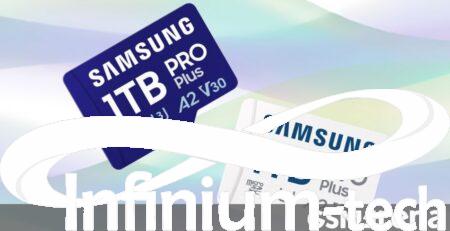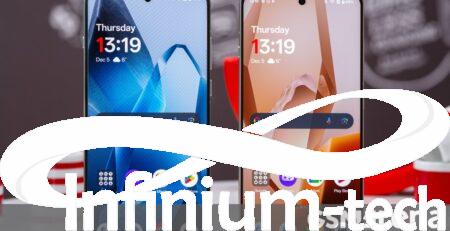US Court finds Google guilty of search engine monopoly in historical antitrust case | Infinium-tech
Judge Amit P. Mehta of the US District Court for the District of Columbia ruled that Google illegally monopolized the search engine market. According to the 286-page ruling, the company paid $26 billion to smartphone and web browser owners to make its search engine the default option, preventing competitors from gaining a foothold in the market.
Mehta also said that Google does not have a monopoly in the search engine advertising market, adding that Amazon and Walmart have started offering search-related ads on their websites. However, Google has a monopoly on search text ads, which appear at the top of the results page.

This is the first time a US District Court has found a tech company guilty in more than two decades. The judge has yet to announce what changes he wants, but we could see Google give Android users in the US the option to choose a search engine when setting up a new device.
Other decisions could include separating the search business from Alphabet’s other products, such as Android or Chrome; if that is ordered, we could see the largest forced breakup of a US company since the breakup of AT&T in 1984, in which it was ordered to sell off portions of its business to smaller independent regional phone companies.

The full report revealed that Google systematically paid Samsung and Apple to use its search engine, causing the company’s value to skyrocket and generate over $300 billion in revenue, generated primarily from ads within the search engine. This also affected market share, as in 2009 Google had an 80% share, but in 2020 this increased to 90%.
Google said it would appeal the decision, arguing that its success is based on people liking its “superior products.”














Leave a Reply